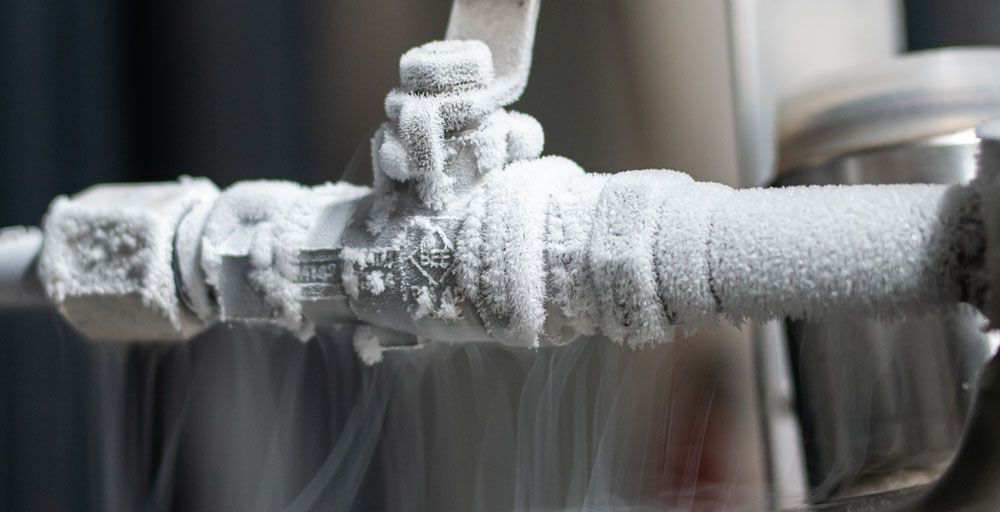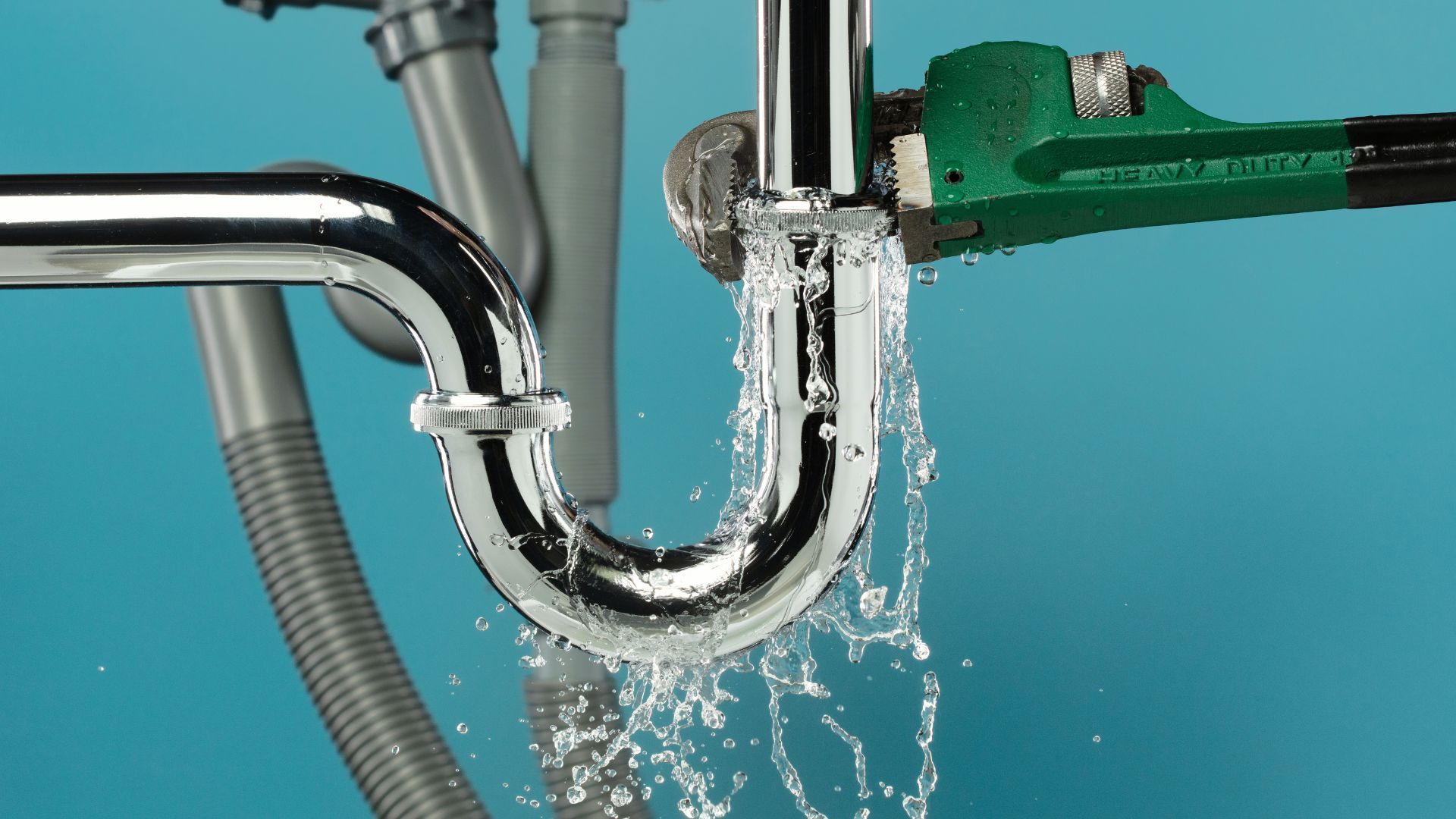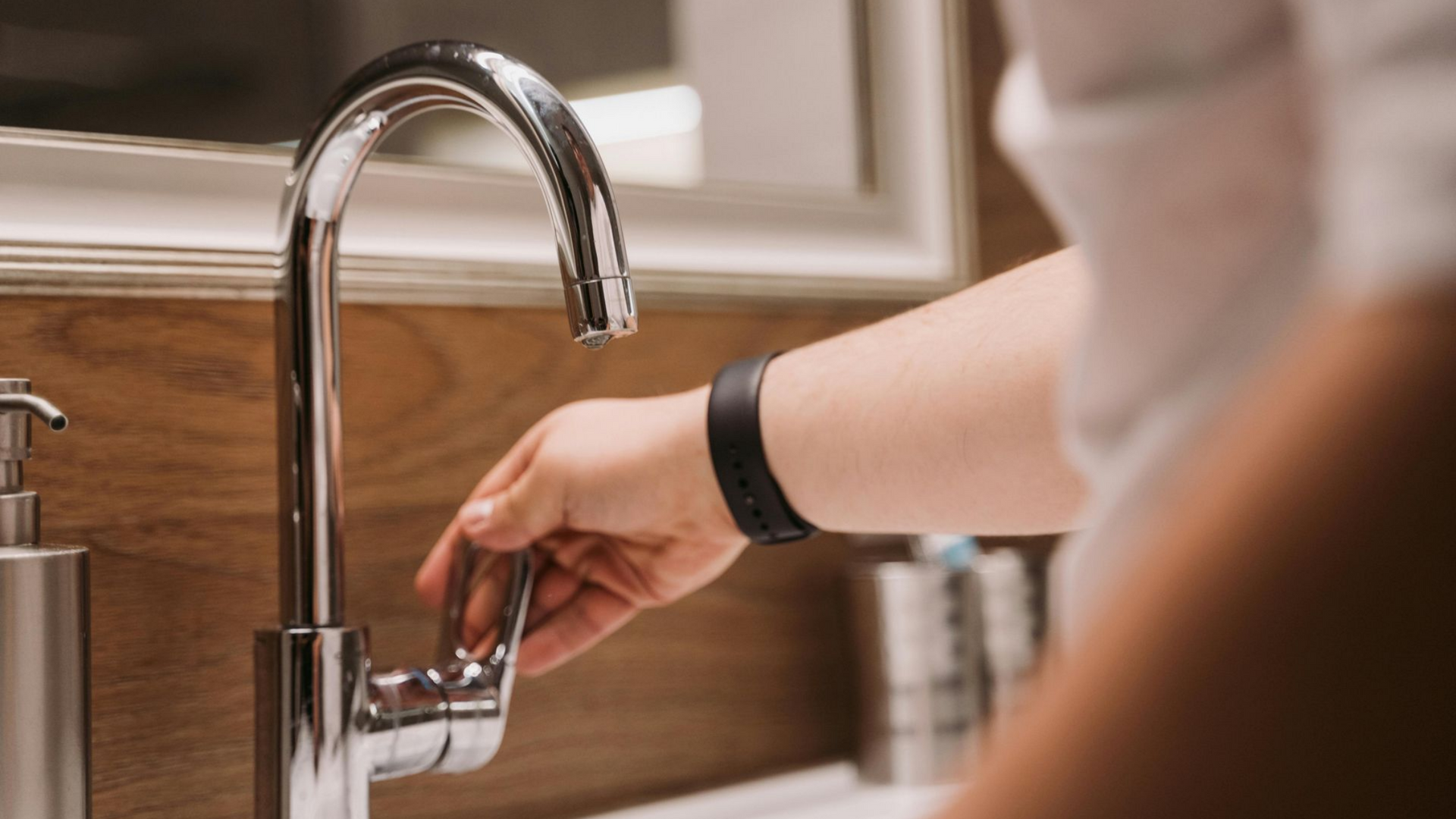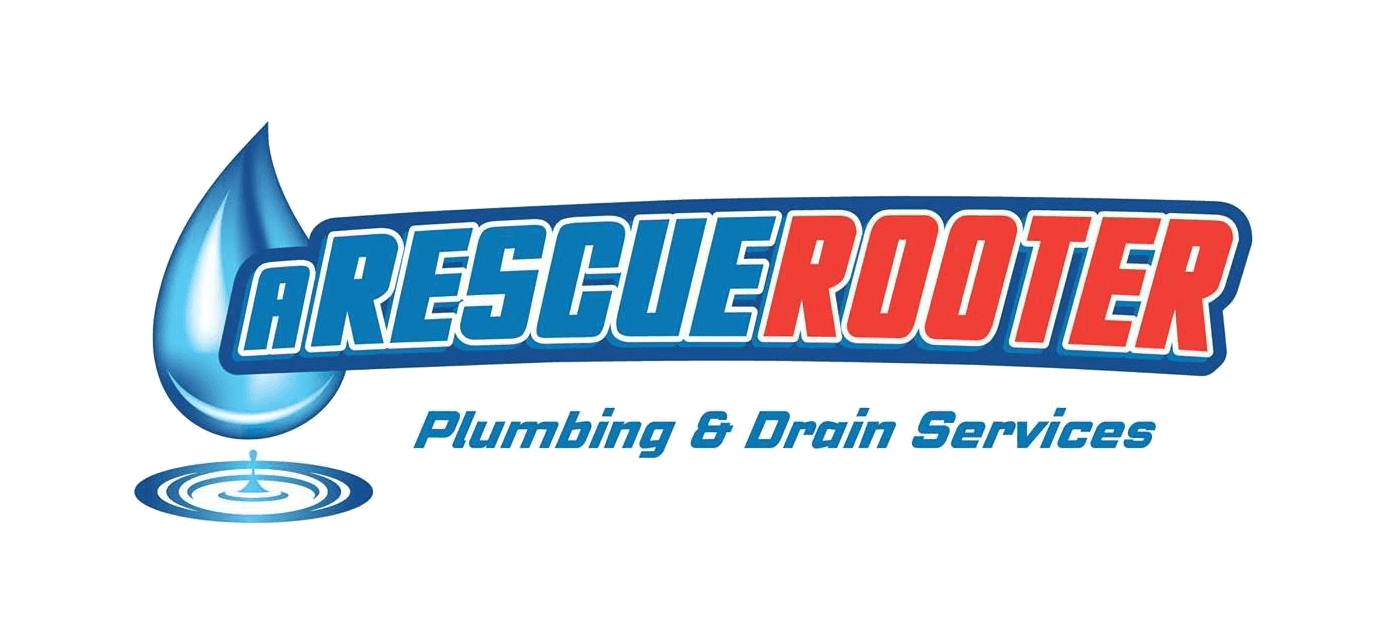What Makes a Good Plumber: A Guide for Customer
With the abundance of options available out there, it's hard to know who to trust with your home's plumbing.
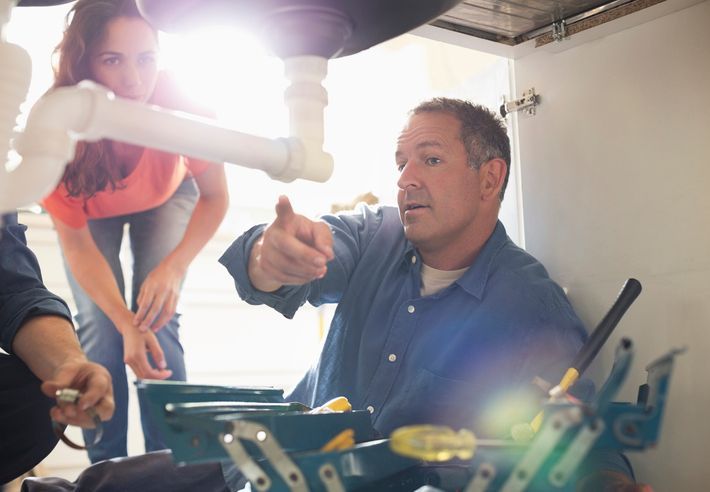
When it comes to household emergencies, fixable yet tricky problems like a clogged sink or a leaky faucet can turn into a nightmare if not handled by someone reliable and skilled. That's where the role of a good plumber comes into play. However, finding a trustworthy plumber who can handle your plumbing needs can often be a frustrating and challenging task. With the abundance of options available out there, it's hard to know who to trust with your home's plumbing. In this blog post, we'll dive into the qualities you should be looking for when searching for a good plumber to ensure that your home's plumbing issues are catered to most efficiently.
- Certification: A good plumber must have proper certifications and licenses to back up their work. Plumbing work may involve dangerous or hazardous materials. Hence, it's vital to make sure that your plumber has been certified by proper governing authorities, which guarantee that the plumber has undergone rigorous training and meets specific requirements to ensure your safety.
- Experience: Experience is another critical aspect that you should consider when looking for a good plumber. Plumbing emergencies can arise anytime, and it’s necessary to hire someone who has prior experience dealing with the problem. An experienced plumber not only has the necessary knowledge and skills, but they have faced different plumbing scenarios, which allow them to tackle complicated issues with ease.
- Communication Skills: Good communication skills are for any profession, and a good plumber is no exception. A good plumber should be able to communicate effectively to ensure that you are aware of what is happening and what may be needed to resolve the plumbing issue at hand. They should explain the problem clearly, answer your questions accurately and make sure you are aware of the costs associated with the repair before starting any work.
- Availability: In plumbing emergencies, time is of the essence. You need a plumber who is available whenever an emergency arises. A good plumber is one who offers 24-hour services or a flexible schedule. A available plumber will always prioritize customer's needs and be on time when scheduled to attend your home.
- Professionalism and Trustworthiness: You want your plumber not only to be skilled but also professional and trustworthy. A good plumber should provide excellent workmanship, be clean, prompt and courteous. They should be respectful of your property, keep work areas clean, and be transparent about pricing.
It takes more than just a wrench and hardware to be a good plumber. A good plumber is one who has the necessary technical skills, excellent communication, and customer service skills and can solve the problem efficiently. If you’re worried about a language barrier, know that A Rescue Rooter has staff that can speak Croatian and Italian. If you’re in need of an emergency plumber, putting in the effort to find a reliable and experienced one will make all the difference. So, be proactive and diligent in your search for a good plumber, and you will have peace of mind knowing your home's plumbing needs are in good hands.
For all your plumbing needs, A Rescue Rooter in Hamilton will be in your corner. They can look after your home and business 24/7. They never charge a premium for an emergency. Call A Rescue Rooter anytime at (905) 521-8284.
